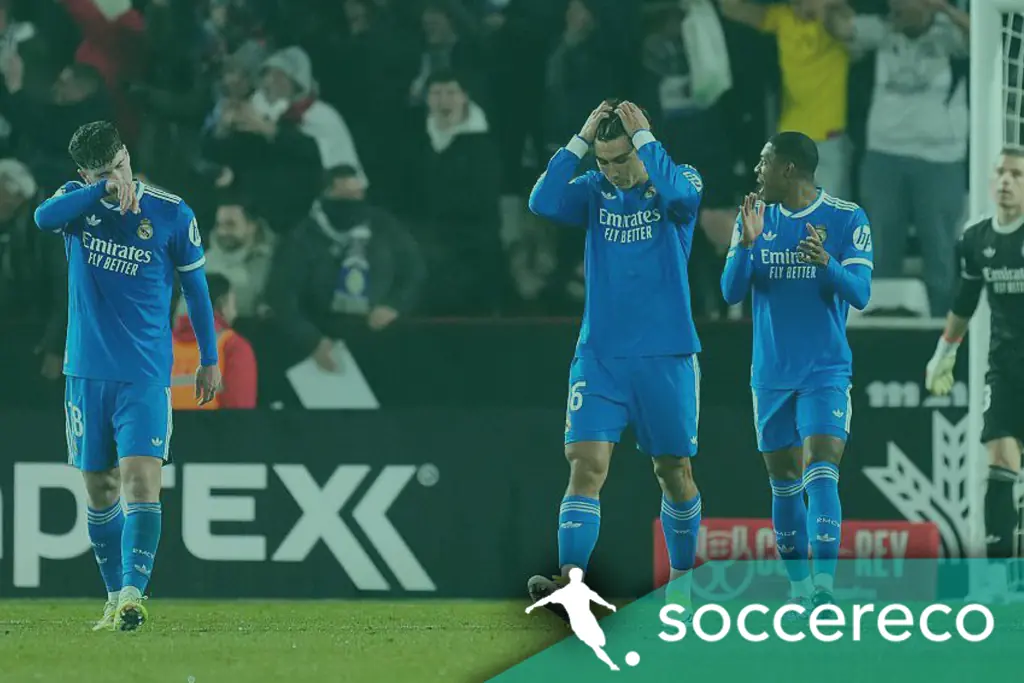The amount relates to payments made to football agents between 2012 and 2015.

Barcelona has been hit with a significant financial blow as the National High Court has dismissed the club's appeal, upholding the Central Economic Administrative Court's (TEAC) verdict that mandates the club to pay 23 million euros to the tax authorities.
This penalty stems from the income associated with payments made to football agents over the period from 2012 to 2015. Despite this setback, the storied Catalan club remains steadfast in its belief of acting within its rights and is preparing to challenge the decision at the Supreme Court, marking the final legal recourse available to them.
The crux of the dispute hinges on the nature of the payments made to players' agents. The TEAC has interpreted these transactions as constituting dependent work, thereby necessitating withholding tax at the point of payment. Barcelona, however, contends that these payments were compensation for services rendered by the agents to the club itself, arguing that they should not be classified as player remuneration.
An examination conducted by the tax inspection has unveiled that the club's payments to agents were effectively made on behalf of and for the benefit of the athletes, who are the ultimate beneficiaries of the agents' services. This contradicts Barcelona's assertion that the agents were providing services directly to the club. Instead, the inspection found evidence suggesting that the relationship between Barcelona and the agents was essentially a facade to disguise payments intended for the players. According to the ruling, this arrangement was primarily a means for the club to compensate players indirectly, thereby obscuring the true nature of the transactions and their associated tax liabilities.
The ruling further elaborates that such practices give the misleading impression that the club is compensating agents for non-existent services when, in reality, it is a mechanism to remunerate players for their contributions to the club. This indirect payment method has significant implications for various tax domains, including Corporate Income Tax (IRC), Value Added Tax (VAT), and Personal Income Tax (IRS), leading to a distortion of the taxable base for these entities.
This legal confrontation sheds light on the complex interplay between sports entities, their financial practices, and tax regulations. Barcelona's decision to take this matter to the Supreme Court underscores the high stakes involved and the broader implications for how football clubs manage their financial operations, particularly in their dealings with players and their representatives. As the case progresses, it will undoubtedly attract attention from the sports world, legal experts, and tax authorities, given its potential to set a precedent for similar disputes in the future.









